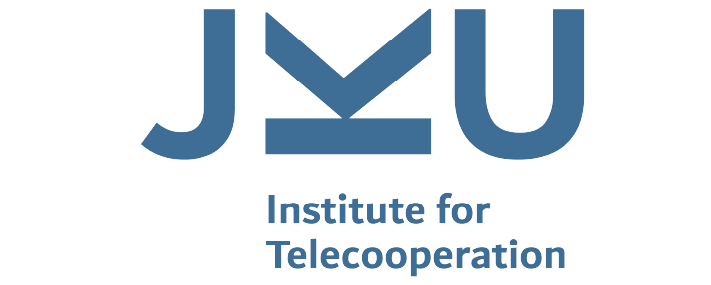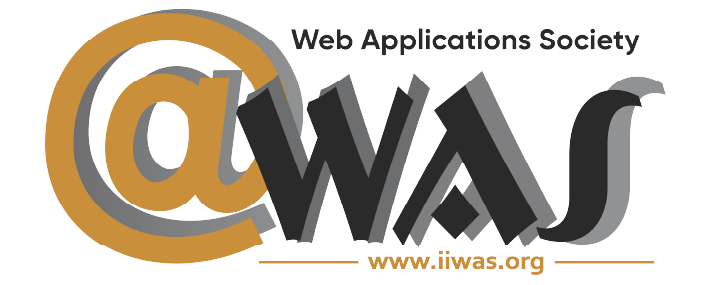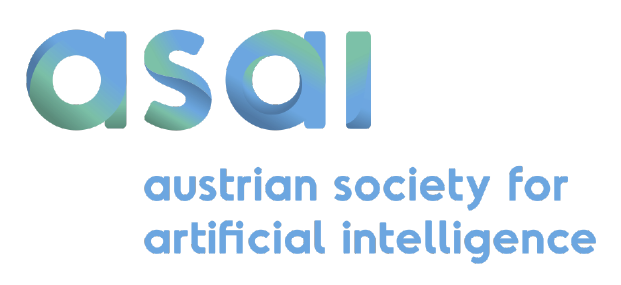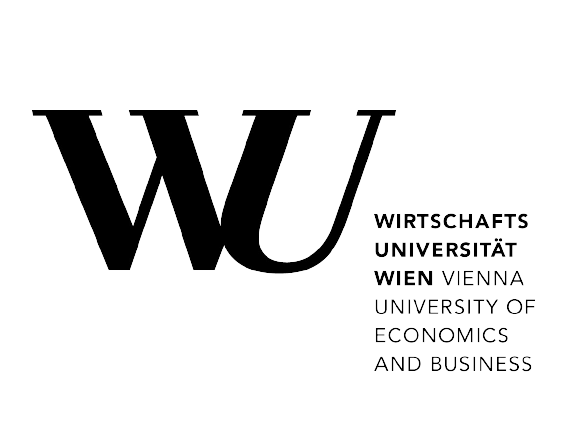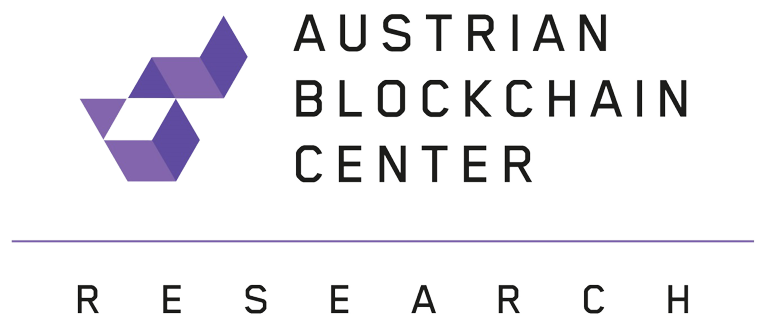ARTE 2022
International Workshop on Applied Research, Technology Transfer and Knowledge Exchange in Software and Data Science
email: dexa@iiwas.org
Submission: https://easychair.org/conferences/?conf=arte2022
IMPORTANT DATES
- Paper submission:
March 7th 2022.March 21st 2022,April 4th 2022-- is due - Notification of acceptance: May 10th, 2022
- Camera-ready copies due: June 1st, 2022
- Workshop days: August 22nd - 24th, 2022
PUBLICATION
All accepted ARTE 2022 papers will be published by Springer in their Communications in Computer and Information Science (CCIS). CCIS volumes are indexed in the Conference Proceedings Citation Index (CPCI), part of Clarivate Analytics’ Web of Science; Scopus; EI Engineering Index; Google Scholar; DBLP; etc.
SCOPE
A central goal of applied research in software and data science is to turn scientific results into successful solutions of practical relevance for industry, business, as well as end users, and society in general. Crossing the gap between research and practice is a challenging endeavor. It requires research excellence paired with a detailed understanding of real industry needs, business constraints, and user requirements; systematic knowledge and technology transfer to ensure practical impact and long-term benefits; close involvement of stakeholders and end users in designing, developing, and exploring new concepts and approaches; support for engineering industry-strength solutions together with company partners along value chains.
The workshop 'Applied Research, Technology Transfer and Knowledge Exchange in Software and Data Science (ARTE)' is a unique event to facilitate the discussion and knowledge exchange on applied research collaborations between industry and academic partners in the overarching disciplines of software and data science. The workshop aims to highlight, share, and document experiences, lessons learned, and best practices related to technology transfer and knowledge exchange. On the one hand, this should increase the awareness and understanding about critical tasks, success factors, potential pitfalls, challenges and opportunities in applied research projects and, on the other hand, it will provide an environment to generate new opportunities for future collaborations. We would especially like to invite participants and organizations at the intersection of basic research and industry or business to share their experiences.
TOPICS
Topics of interest in context of software and data science include, but are not limited to:
- Processes and approaches for knowledge exchange and technology transfer
- Best practices and lessons learned from transferring research results into practice
- Methods, techniques and tools for stakeholder and user involvement
- Success factors for long-term academia-industry collaborations
- Case studies and experience reports demonstrating the importance of applied research for generating technology and business innovations
- Novel ideas for establishing value networks and multi-firm collaboration models
- Open real-world challenges and practical solutions related to software and data science
SUBMISSION GUIDELINES
In order to encourage participation and discussion, this workshop solicits two types of submissions:
- Regular paper submissions about original work not exceeding 10 pages.
- Short paper submissions on recent or ongoing work on relevant topics and ideas not exceeding 5 pages.
- Formatting guidelines: http://www.dexa.org/formatting_guidelines
- Online Papers Submission: https://easychair.org/conferences/?conf=arte2022
REVIEW PROCESS
Submissions to the workshop must not have been published or be concurrently considered for publication elsewhere. All submissions will be peer-reviewed by, at least, 3 reviewers and judged on the basis of originality, contribution to the field, technical and presentation quality, and relevance to the workshop. Short papers are meant for timely discussion and feedback at the workshop.
COMMITTEE
Program Committee Co-Chairs
• Lukas Fischer, Software Competence Center Hagenberg, Austria
• Rudolf Ramler, Software Competence Center Hagenberg, Austria
Program Committee Members
• Markus Brillinger, Pro2Future GmbH, Austria
• Katja Bühler, VRVis Zentrum für Virtual Reality und Visualisierung Forschungs-GmbH, Austria
• Frank Elberzhager, Fraunhofer Institute for Experimental Software Engineering IESE, Germany
• Gabriel Gonzalez-Castañé, Insight SFI Research Centre for Data Analytics & University College of Cork, Ireland
• Michael Granitzer, University of Passau, Germany
• Eckehard Hermann, University of Applied Sciences Upper Austria, Austria
• Andrea Janes, Free University of Bozen-Bolzano, Italy
• Ossi Kotavaara, University of Oulu, Kerttu Saalasti Institute, Finland
• Stefanie Kritzinger, RISC Software GmbH, Austria
• Harald Lampesberger, University of Applied Sciences Upper Austria, Austria
• Martin Leucker, UniTransferKlinik Lübeck GmbH & University of Luebeck, Germany
• Nikos Makris, Core Innovation and Technology Center, Greece
• Silverio Martínez-Fernández, Polytechnic University of Catalonia - BarcelonaTech, Spain
• Ignacio Montero Castro, AIMEN Technology Centre, Spain
• Matti Muhos, University of Oulu, Kerttu Saalasti Institute, Finland
• Bernhard Nessler, Software Competence Center Hagenberg GmbH, Austria
• Antonio Padovano, University of Calabria & Modeling and Simulation Center, Italy
• Mario Pichler, Software Competence Center Hagenberg GmbH, Austria
• Dietmar Pfahl, University of Tartu, Estonia
• Christian Rankl, RECENDT Research Center for Non-Destructive Testing GmbH, Austria
• Malin Rosqvist, Software Center, Sweden
• Stefan Sauer, Software Innovation Campus Paderborn SICP, Paderborn University, Germany
• Georg Weichhart, PROFACTOR GmbH, Austria
• Edgar Weippl, SBA Research & University of Vienna, Austria
• Dietmar Winkler, CD Lab for Security and Quality Improvement, TU Wien, Austria


